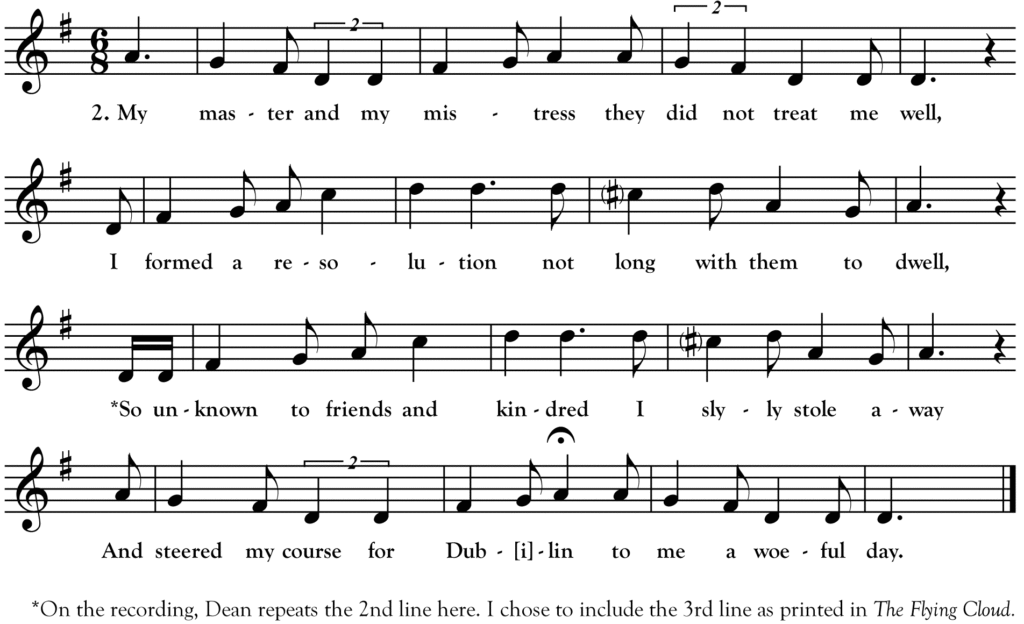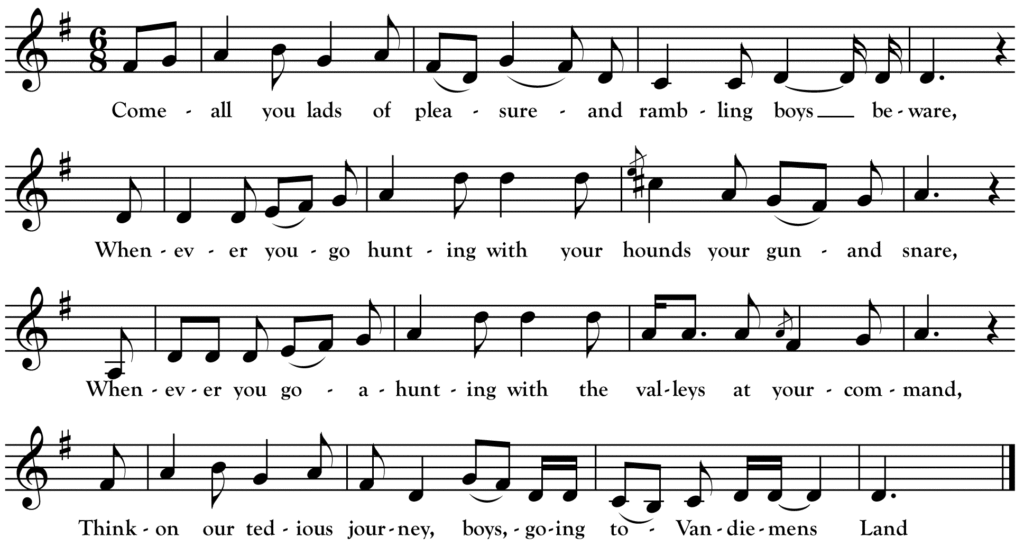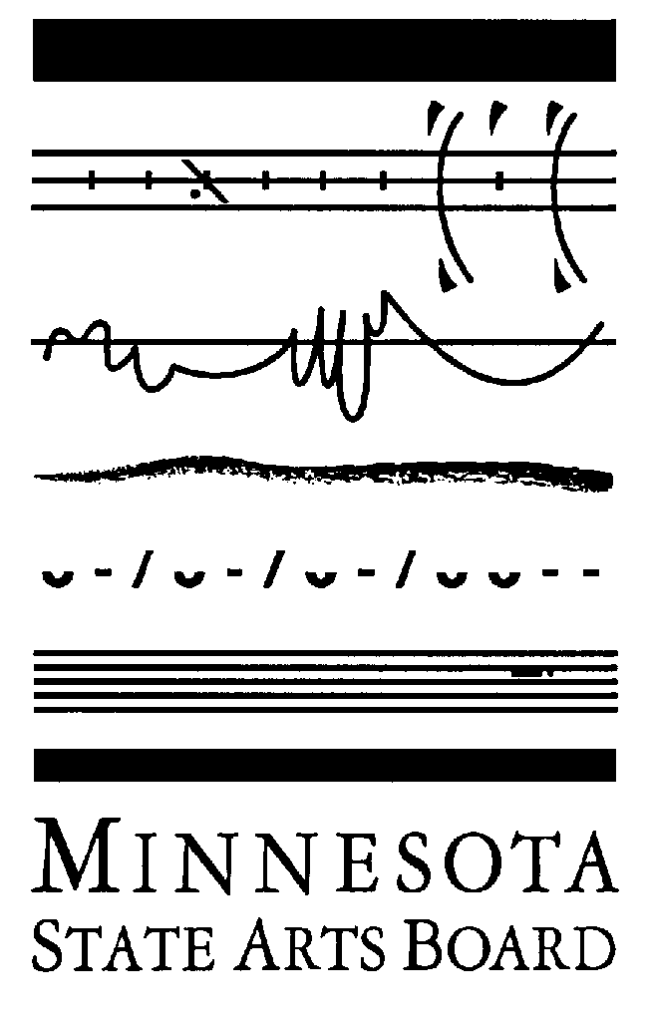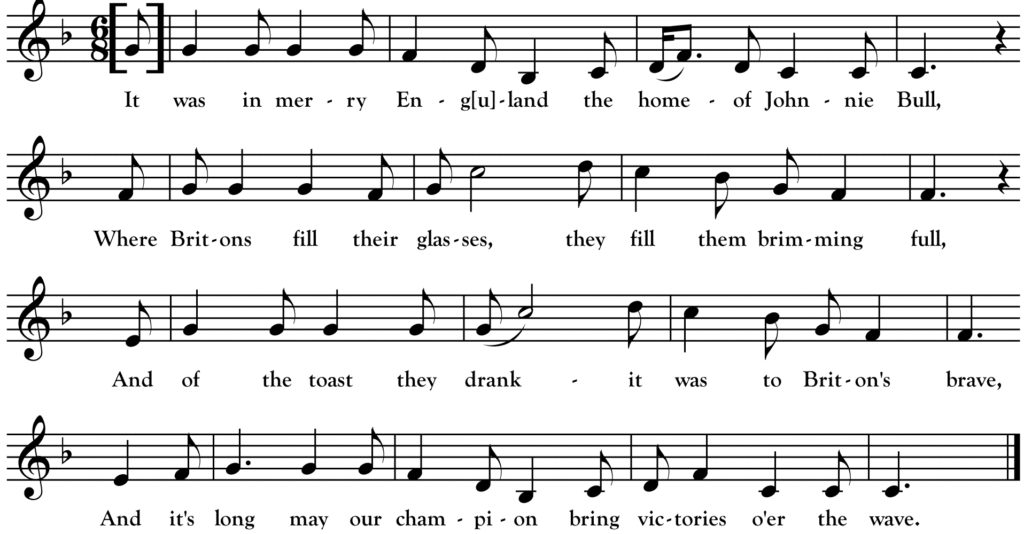The Apprentice Boy
Near Linster [Leinster] I was born, not of a high degree,
My parents they adored me, they had no child but me;
I roved around for pleasure where’er my fancy lay,
Until I was bound apprentice, then all joys passed away.
My master and my mistress they did not use me well,
I formed a resolution not long with them to dwell;
So, unknown to friends and kindred, I slyly stole away,
And steered my course to Dublin, to me a woeful day.
I had not been in Dublin a day but only three
When an estated lady proposed to hire me;
She offered great inducement her waiting man to be,
If I would go with her to London, which proved my destiny.
Her offer I accepted, my fortune being low,
In hopes of grand promotion if along with her I’d go;
And as we sailed over-bound for that British shore,
It is little I thought I ne’er would see my native country more.
When we arrived in London to view that fine city,
My evil-minded mistress grew very fond of me;
She offered me ten thousand pounds to be paid down in hand,
If I’d agree to marry her it would be at my command.
“Oh, mistress, honored mistress, you must excuse me now,
For I am already promised upon a solemn vow;
Yes, I am already promised, and solemn vow I’ve made,
To wed with none but Jennie, your handsome waiting maid.”
In wrath and indignation my evil mistress said,
“Just see how I am slighted all for a servant maid;
Since you disdain my person and the offer that I make,
It’s of you I will have revenge though my life lay as a stake.”
“Oh, mistress, to offend thee I would be very loath,
But I can do nothing that’s contrary to my oath;
Contrary to my oath, madam, but supposing my vows were clear,
I would not part with my jewel for ten thousand pounds a year.”
One evening in the garden, a-taking in the air,
My mistress followed after me, plucking the flowers there;
Her gold repeating watch she took at the passing of me by,
And conveyed it to my pocket, for which I now must die.
I then was apprehended, to New Gate I was sent,
Where I was left in bondage, my sorrows to lament;
Where I was left in bondage until my trial day,
My mistress thought it was no harm to swear my life away.
And now I am on the gallows and I must suffer here,
Because I would not break the vows I made unto my dear;
Though far from home and kindred, I bid the world adieu,
My charming, lovely, Jennie, I die for love of you.
___________________________
Of the 47 songs documented by collector Robert Winslow Gordon from Minnesotan singers in 1924, this was the only one that was sung by both Michael Dean and Reuben Phillips. The above transcribed version is Dean’s (based on Gordon’s recording and Dean’s text published in his Flying Cloud songster). The song, dating to the late 1700s, was once popular throughout the US and Canada.
The ballad originated in England as “The Sheffield Apprentice” but in Dean’s version the place names have been changed to relocate the story to Ireland with the “evil-minded mistress” dwelling in London (other versions have her in Holland). Dean’s parents were from County Mayo and the vast majority of his repertoire was Irish or Irish-American. In contrast, Phillips’ repertoire was more closely tied to England and Scotland and in his version we find Sheffield and Holland.
St. Paul singer and bouzouki player Buddy Ferrari took the “Minnesota Folksong Challenge” and created his own version of “The Apprentice Boy” which he performs in the video posted above. You can access the archival recordings of both Dean and Phillips as well as Buddy’s video and videos of others who have taken the “Challenge” at www.minnesotafolksongcollection.com!





